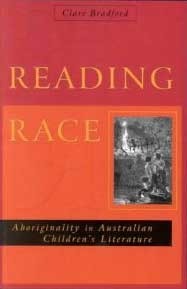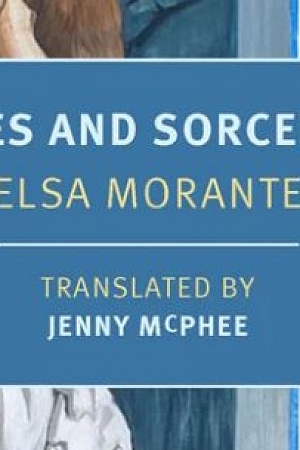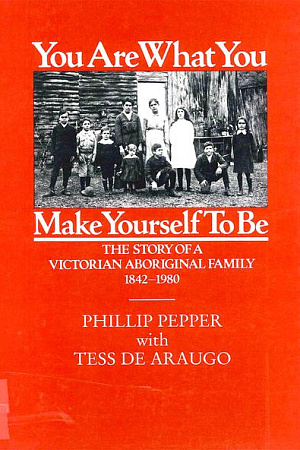Reading Race: Aboriginality in Australian children's literature
Melbourne University Press, $38.95, 283 pp
Involuted Meanings
Clare Bradford is an Associate Professor in Literary and Communication Studies at Deakin University. She writes from within her discipline, and addresses other academics. Reading Race, despite its broad title, is principally a discussion of forms of racism that the author identifies in books published in colonial times, compared with contemporary examples.
Bradford’s thesis is that the sins of the past are still echoed in the present and are likely to be so in the future. She begins with a lengthy discussion of eight pre-1900 texts in which she establishes her criteria for forms of racism, which range through ‘colonial’, ‘postcolonial’, ‘Aboriginalist’, ‘ecofeminist’ and several others. These criteria become the basis for analysing a number of later publications. The first chapter, ‘Colonial Discourse’, includes an informative discussion of pre-1960 non-fiction texts, notably the South Austral-ian, New South Wales and Victorian School Readers, whose colonialist racism she sees as a pervasive influence in the education of John Howard’s generation. There are five pages on Mary Grant Bruce’s ‘Billabong’ books, three pages on Rex Ingamells’s Aranda Boy (which she dismisses as ‘romanticist’ and ‘Aboriginalist’) and a good analysis of Jeannie Gunn’s influential A Little Black Princess, but the ‘bush westerns’ that succeeded the pre-Federation adventure tales are ignored, as are such widely read titles as Frank Dalby Davison’s Children of the Dark People and Axel Poignant’s Piccaninny Walkabout.
Continue reading for only $10 per month. Subscribe and gain full access to Australian Book Review. Already a subscriber? Sign in. If you need assistance, feel free to contact us.











Leave a comment
If you are an ABR subscriber, you will need to sign in to post a comment.
If you have forgotten your sign in details, or if you receive an error message when trying to submit your comment, please email your comment (and the name of the article to which it relates) to ABR Comments. We will review your comment and, subject to approval, we will post it under your name.
Please note that all comments must be approved by ABR and comply with our Terms & Conditions.